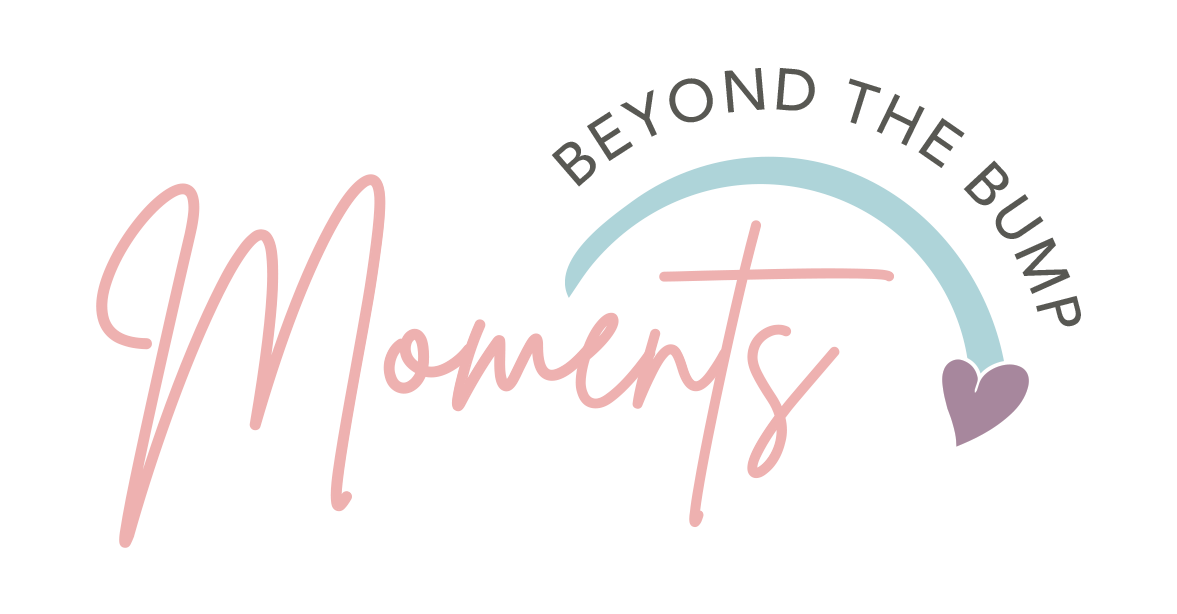Breastfeeding and Illness
We do our best as mothers to protect herself and our babies from illness, BUT some things in life are unavoidable. One of those being illnesses.
As much as we try to prevent It, our babies and ourselves (moms) are bound to get sick during the breastfeeding journey.
For moms who are sick or feeling ill such as fever, flu, diarrhea, vomiting, or even mastitis, you should continue to breastfeed as normal as you can. The baby will not catch the illness or virus through your breastmilk. Breastmilk contains antibodies to help the baby's risk of contracting the illness from mom.
That being said, when moms are sick/under the weather, fatigue and exhaustion begin to become a factor. Breastfeeding can seem to become more of a chore than a cherished experience. You should take care of yourself first in-order to take care of your baby. Be sure to keep hydrated and refueling fluids. Eat when you can and be sure to keep calorie count up. BUT most importantly, give your body extra rest, whether that be asking for help or modifying the schedule to catch some more ZZZZs.
*If you are not with your baby, be sure to pump when you are awake. The more frequently that milk is removed, the breast means the more quickly that milk Is replaced.
As with any Illness, it is Important to use good hygiene to minimize the risk of spreading germs. The easiest way to reduce the spread is by washing your hands with soap/water before and after feeding the baby, preparing and eating food, using the bathroom, or changing a diaper. Using the crook of your elbow or a tissue when you cough/sneeze can also reduce the spreading of germs.
*If medication Is required, refer to your physician for the use of the medication while breast feeding. Most medications have alternative medications that can be used and are safe while breastfeeding.
There are situations when it is not safe to breastfeed and often times you will need to stop temporarily to pump and discard your milk to regulate supply. These situations may Include radiotherapy or chemotherapy for cancer, herpes lesions on breast, or Infections such as tuberculosis, measles, or septicemia, that can be transmitted through your milk.
As for your baby, you should ABSOLUTELY keep breastfeeding when they are sick. Nursing is extremely comforting to a sick baby and can be a key part to the healing process. The baby may temporarily wean when they feel sick, but continue to encourage nursing. If your baby refuses, you should continue to pump to reduce risk of infection in the breast or extreme discomfort.
When the baby has a cold or some congestion. It can be difficult to nurse, but nursing may be easier than drinking from a bottle. Ways to improve nursing with congestion/cold:
Baby sitting upright while nursing.
Nurse more frequently. Not only to ensure the baby is getting antibodies for the illness, but also that the baby gets plenty of milk. Congestion may cause baby to feed for short periods of time because of difficulty breathing
Use saline drops or rubber suction to clear baby’s nose before nursing.
Humidifiers running in their room.
Run a hot shower and close the door. Sit with baby in the bathroom to nurse to help open up sinuses!
Avoid using products with peppermint, camphor, or menthol on face/chest. Direct application on baby could cause sever breathing issues.
In the case where your baby refuses to nurse due to pain (ex. ear infection, sore throat, etc), you should continue to offer nursings more frequently. To make the baby more comfortable:
Try to offer milk from cup, dropper, or syringe
Make popsicles from breast milk. Or freeze milk and let baby eat from a spoon like a slushy.
And when your baby is vomiting or has diarrhea, the following are the most important to remember:
Breastfeeding should be the first thing offered by mouth to the baby. Even if your baby vomits or has frequent liquid stools, breast milk goes down easily and can be quickly digested. Breastmilk also provides nutritional components that pedialyte, sports drinks, and other drinks do not contain.
More frequently feedings allows for more comfort and soothing through the illness. Smaller amounts taken in more frequent feedings may be more beneficial if your baby is not able to keep anything down.
ALWAYS continue to breastfeed through an illness to keep your baby hydrated and to help to pass on antibodies that prevent the illness from worsening and speed up healing.
Breastmilk IS NOT considered a dairy/milk product. Therefore, babies should always continue to nurse.
